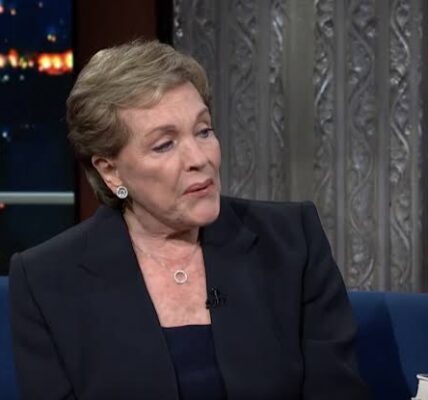*Introduction*
Premiering in 1999 on HBO, “The Sopranos” stands as a landmark achievement in television, redefining the genre and setting new standards for storytelling, character development, and production quality. Created by David Chase, the show aired for six seasons, leaving an indelible mark on both the medium and popular culture.
*Concept and Creation*
David Chase, a seasoned writer and producer, conceived “The Sopranos” as a narrative exploration of the American mobster’s life. The show’s originality lay in its focus on the psychological and emotional struggles of its protagonist, Tony Soprano, a mob boss grappling with the dual pressures of organized crime and family life. Chase’s vision was to delve deeply into the complexities of Tony’s psyche, showcasing the conflicts and contradictions inherent in his dual roles as a crime leader and a family man.
The concept drew inspiration from classic mob movies and literature but distinguished itself by integrating a contemporary setting and exploring themes of mental health, identity, and existential dread. Chase’s background in television drama, including work on shows like “The Rockford Files,” contributed to his approach to creating a nuanced and character-driven series.
*Plot Overview*
“The Sopranos” centers on Tony Soprano, played masterfully by James Gandolfini, who balances his responsibilities as a mob boss with his personal life. His struggles with anxiety and panic attacks lead him to seek therapy from Dr. Jennifer Melfi, portrayed by Lorraine Bracco. This therapy becomes a central element of the show, offering viewers an introspective view into Tony’s psyche and revealing the internal conflicts he faces.
The series intricately weaves together Tony’s criminal activities with his family dynamics. His wife, Carmela (Edie Falco), navigates her own moral and emotional challenges as she deals with the consequences of Tony’s criminal life. Their children, Meadow (Jamie-Lynn Sigler) and Anthony Jr. (Robert Iler), each contend with their own struggles and aspirations, adding layers of complexity to the Soprano family narrative.
The show also features a rich ensemble cast, including notable characters such as Paulie Walnuts (Tony Sirico), Christopher Moltisanti (Michael Imperioli), and Silvio Dante (Steve Van Zandt), each bringing their own unique contributions to the series’ dynamic. The interweaving subplots and character arcs enrich the narrative, creating a tapestry of intrigue and drama.
*Themes and Analysis*
At its core, “The Sopranos” explores themes of identity, power, and morality. Tony’s struggle to reconcile his violent profession with his role as a father and husband reflects broader questions about personal integrity and the nature of power. The show delves into the impact of Tony’s criminal lifestyle on his psyche, examining how violence and corruption permeate every aspect of his life.
The series also tackles themes of mental health with unprecedented honesty for its time. Tony’s sessions with Dr. Melfi provide a rare portrayal of a mobster’s vulnerability and psychological turmoil, offering insight into the mental health challenges faced by individuals in high-stress, high-stakes environments.
Additionally, “The Sopranos” engages with existential themes, exploring the characters’ quest for meaning and their reflections on their place in the world. The show’s often ambiguous and open-ended storytelling encourages viewers to grapple with these existential questions alongside the characters.
*Impact and Legacy*
“The Sopranos” had a profound impact on television and popular culture, shaping the future of TV drama. It paved the way for other complex, character-driven narratives and contributed to the rise of what is often referred to as the “Golden Age of Television.” The show’s success demonstrated that television could offer the same depth and quality as film, leading to a new era of ambitious and sophisticated storytelling.
The series’ critical acclaim includes numerous awards, including multiple Emmys and Golden Globes, solidifying its place in television history. James Gandolfini’s portrayal of Tony Soprano earned widespread recognition and praise, cementing his status as one of television’s greatest actors.
The show’s influence extends beyond its run, with its innovative approach to storytelling, character development, and genre-blending continuing to inspire creators and shape the landscape of television. Its legacy is evident in the subsequent wave of television dramas that embrace complex characters and intricate narratives.
*Conclusion*
“The Sopranos” remains a seminal work in television history, its impact resonating through the years long after its final episode aired. David Chase’s creation not only redefined the mob genre but also set a new standard for television drama. Its exploration of psychological depth, moral ambiguity, and existential themes ensures its place as a groundbreaking and enduring work. The series continues to be celebrated for its artistry, storytelling, and its lasting influence on the world of television.




